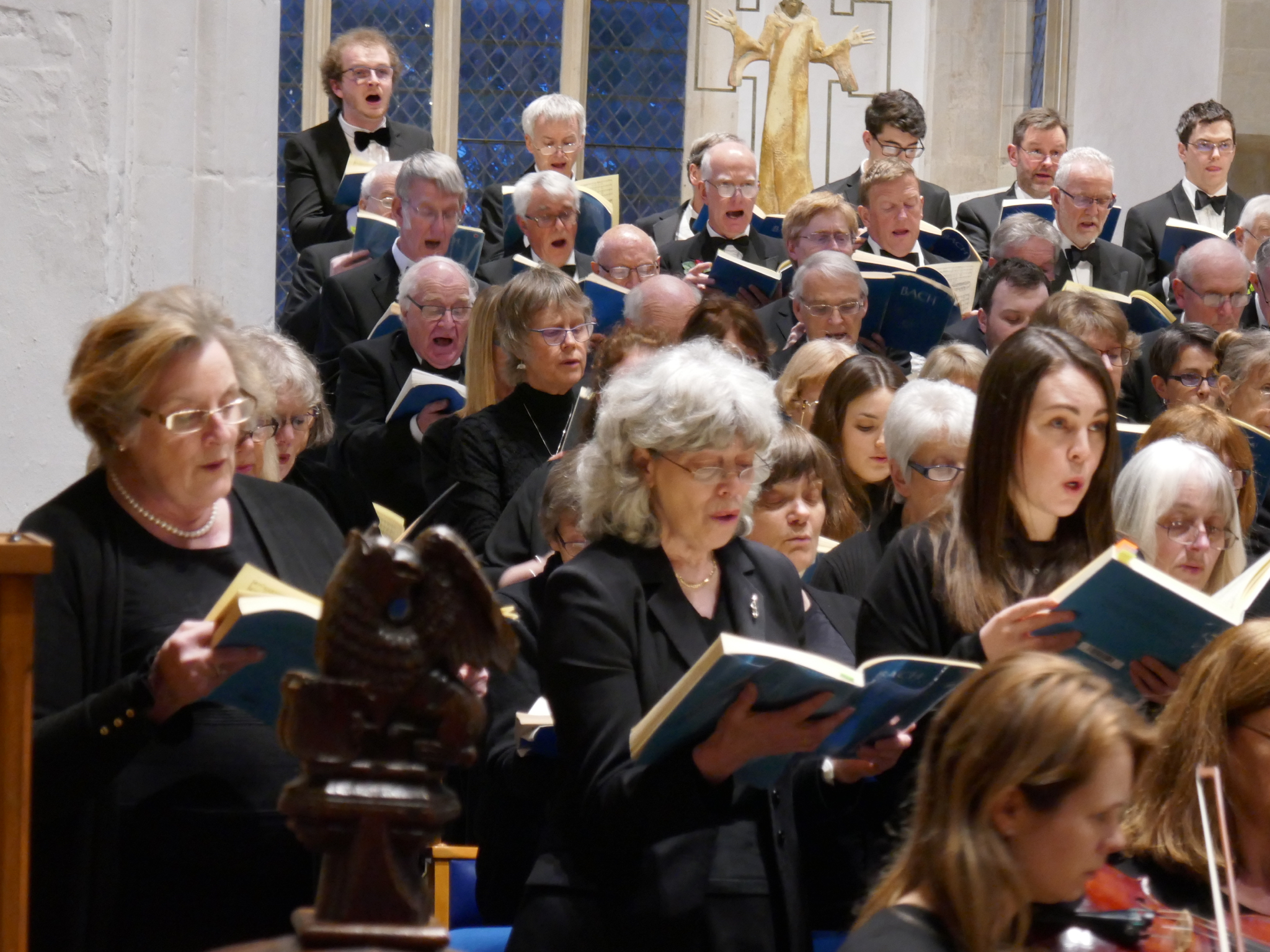
According to a survey published in July 2017, each week two million people sing in choirs across the UK – why?
Reflecting on two decades of singing with the Royston Choral Society, I’ve identified some life lessons I’ve learnt from our collective efforts to create ‘fine music, made locally’. They aren’t exclusive to singing in a choir, but that’s what I’ve been doing since 2000.
First impressions count
The introduction to my local choir was not at a concert – I’d never heard them perform - so I needed to be persuaded in other ways that spending two hours a week in a cold draughty church in the middle of winter would be time well-spent. I sent a speculative e-mail expressing my interest in joining and, just three days later, I got a knock on my front door from a member of the choir. I commented on the impressive personal response to my e-mail and was surprised by his reply: “well, I live just across the road”!
That initial friendly welcome, from someone who was to become a fellow tenor, fired my enthusiasm and an enduring Tuesday night fix for around 40 weeks a year – that’s 900 rehearsals and counting!
Leadership matters
A good conductor is essential - to control up to 80 singers in our case - and conjure up a performance that resembles what the composer intended.
After our current musical director – Andrew O’Brien joined us in 2015. I wouldn’t have believed how our standard improved, and in an amazingly short time, if I hadn’t been part of that change. It wasn’t just about increasing our collective self-belief that we could do better, and focussing on breathing and singing technique, it was about light-hearted encouragement and mutual respect.
It’s about team work
But every leader needs followers and every member of a choir needs to work in harmony (literally!) for success. A choir has to sound like a unit – however good they are, a single singer can ruin the effect if they don’t listen to those around them and blend in. That said, only one person has been ‘asked to leave’ in my 20 years with the choir, and that didn’t happen until great efforts had been made to nurture the particular choir member’s musical compatibility.
Being able to focus is a healthy habit
Science has shown that singing and listening to music is good for our mental health; releasing dopamine and serotonin – of interest to GPs treating anxiety and depression – into the brain. Singing (and DIY) is one of the few times I experience ‘flow’ - that wonderful experience of being so absorbed in doing something that time and meals pass unnoticed.
I took up singing and running at the same time, partly in response to my mental ill health at the time. It’s also been handy for getting to rehearsals when I’m running late (pun intended) and the two activities also come together for mutual benefit by helping my breathing.
Mindfulness – a focus on an activity (commonly our breathing) to the exclusion of all else – is another interest of mine. When singing, the focus is multi-faceted; we have to concentrate on reading the music and words (often in a language other than English), listening to other singers in the choir, singing in tune and breathing properly and, of course, watching the conductor.
For a longer version of this piece, go to https://enterpriseessentials.wordpress.com/2023/03/27/singing-in-a-choir-four-life-lessons/
 Royston Choral Society
Royston Choral Society